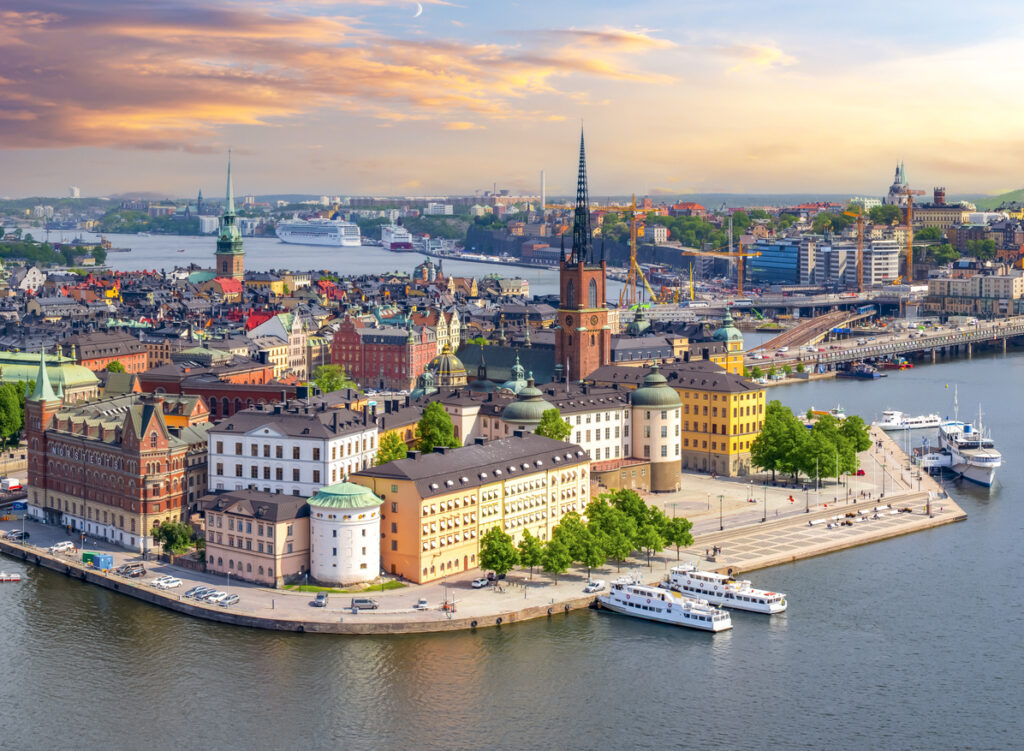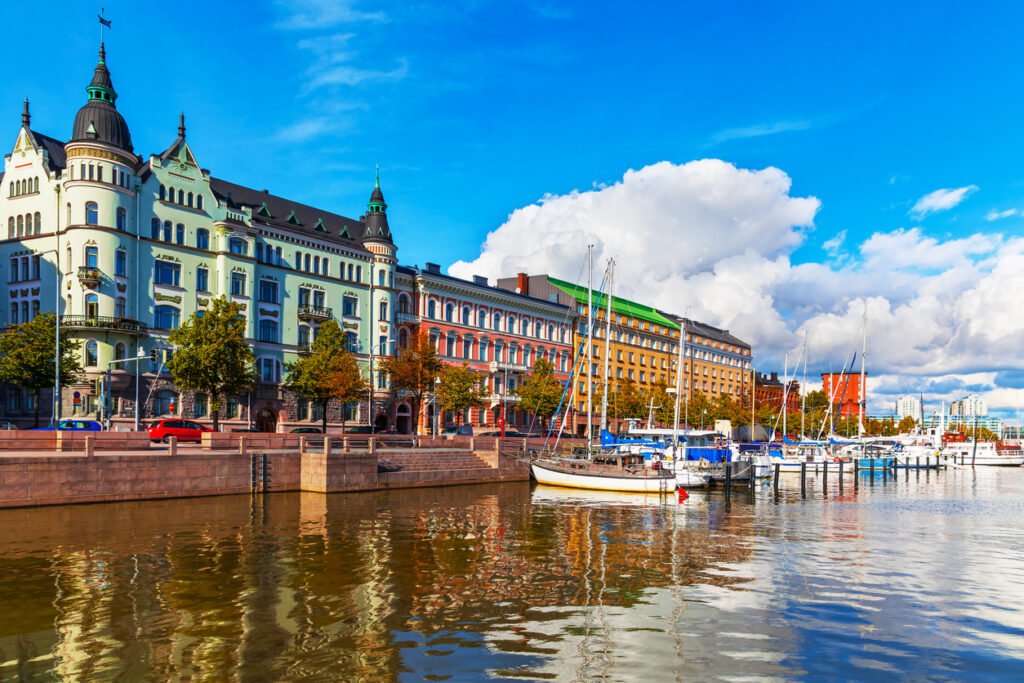Discover countries where sustainable practices include consuming roadkill.

Eating roadkill may sound unconventional, but in some developed countries, it’s both legal and encouraged as a sustainable practice. By reducing waste and utilizing meat that would otherwise go unused, these nations turn roadkill into a viable food source. From rural highways to city streets, these eight countries have embraced this eco-friendly and ethical approach.
Let’s explore where roadkill is not only legal but also celebrated as part of a greener lifestyle.
1. Embrace sustainability in the United States

The United States allows roadkill consumption in many states, with laws varying by region. States like Montana, Alaska, and Oregon even offer roadkill salvage permits, encouraging citizens to report and collect animals for consumption. This practice reduces waste and supports sustainable living. Foraging roadkill in the U.S. often includes deer, elk, and small game, which can be processed into safe and healthy meals. Programs and workshops educate residents on proper handling, turning an unconventional idea into a growing trend.
2. Experience ethical foraging in Canada

Canada’s vast wilderness and highways make roadkill collection a common practice, especially in rural areas. Provinces like British Columbia and Alberta permit roadkill salvage, particularly for deer, moose, and elk. Wildlife authorities often collaborate with local communities to ensure safe collection and consumption. This practice not only prevents waste but also promotes ethical foraging and sustainable use of natural resources. Canadians value this eco-conscious approach, viewing roadkill as a resource rather than a waste product.
3. Discover creative cuisine in the United Kingdom

In the United Kingdom, roadkill is legal to consume as long as the animal was not intentionally killed for food. Foragers often find pheasants, rabbits, and badgers on rural roads, turning them into gourmet dishes. British chefs and food enthusiasts celebrate the sustainability and flavor of roadkill cuisine, incorporating it into traditional recipes. The practice aligns with the country’s growing interest in reducing food waste and embracing ethical consumption, making it a unique part of the U.K.’s food culture.
4. Celebrate resourcefulness in Australia

Australia’s vast landscapes and frequent wildlife crossings make roadkill a significant source of meat in rural areas. Kangaroos and wallabies are commonly salvaged, providing a sustainable alternative to store-bought meat. The practice is supported by local regulations and embraced by communities seeking eco-friendly options. Australians view roadkill consumption as both practical and ethical, ensuring that no resource goes to waste. Educational initiatives teach safe handling and preparation, promoting this unique approach to sustainability.
5. Explore rural traditions in New Zealand

In New Zealand, roadkill consumption is legal and aligns with the country’s strong connection to nature. Possums, rabbits, and wild pigs are frequently salvaged and utilized by rural communities. The practice supports efforts to manage invasive species while providing a source of free-range meat. New Zealanders embrace roadkill as part of their resourceful and environmentally conscious lifestyle, turning what might be discarded into a valuable resource. The tradition highlights the country’s commitment to sustainable living.
6. Savor innovative meals in Sweden

Sweden’s roadkill policies encourage the collection and consumption of game such as moose, deer, and wild boar. Authorities often notify hunters or local communities about roadkill incidents, allowing the meat to be salvaged. Swedish chefs have embraced roadkill as an opportunity for culinary innovation, creating unique dishes that emphasize sustainability. The practice aligns with Sweden’s commitment to minimizing waste and promoting ethical food sources, making it a model for eco-conscious dining.
7. Support eco-conscious dining in Germany

Germany permits roadkill consumption under strict regulations to ensure safety and sustainability. Wild boar, deer, and hares are commonly salvaged and transformed into hearty meals. The country’s focus on eco-conscious practices has made roadkill an accepted part of sustainable dining, particularly in rural areas. German hunters and foragers value the ethical and practical aspects of utilizing roadkill, turning it into a responsible and flavorful food source that aligns with the country’s environmental values.
8. Embrace traditional practices in Finland

In Finland, roadkill consumption is legal and deeply rooted in the country’s resourceful traditions. Moose and reindeer are commonly salvaged and used to create traditional dishes. Finnish authorities encourage roadkill use as a means of reducing waste and providing high-quality, free-range meat. The practice aligns with Finland’s strong cultural ties to nature and sustainability, making it a respected and practical solution for rural communities. Roadkill cuisine showcases the country’s dedication to eco-friendly living.
